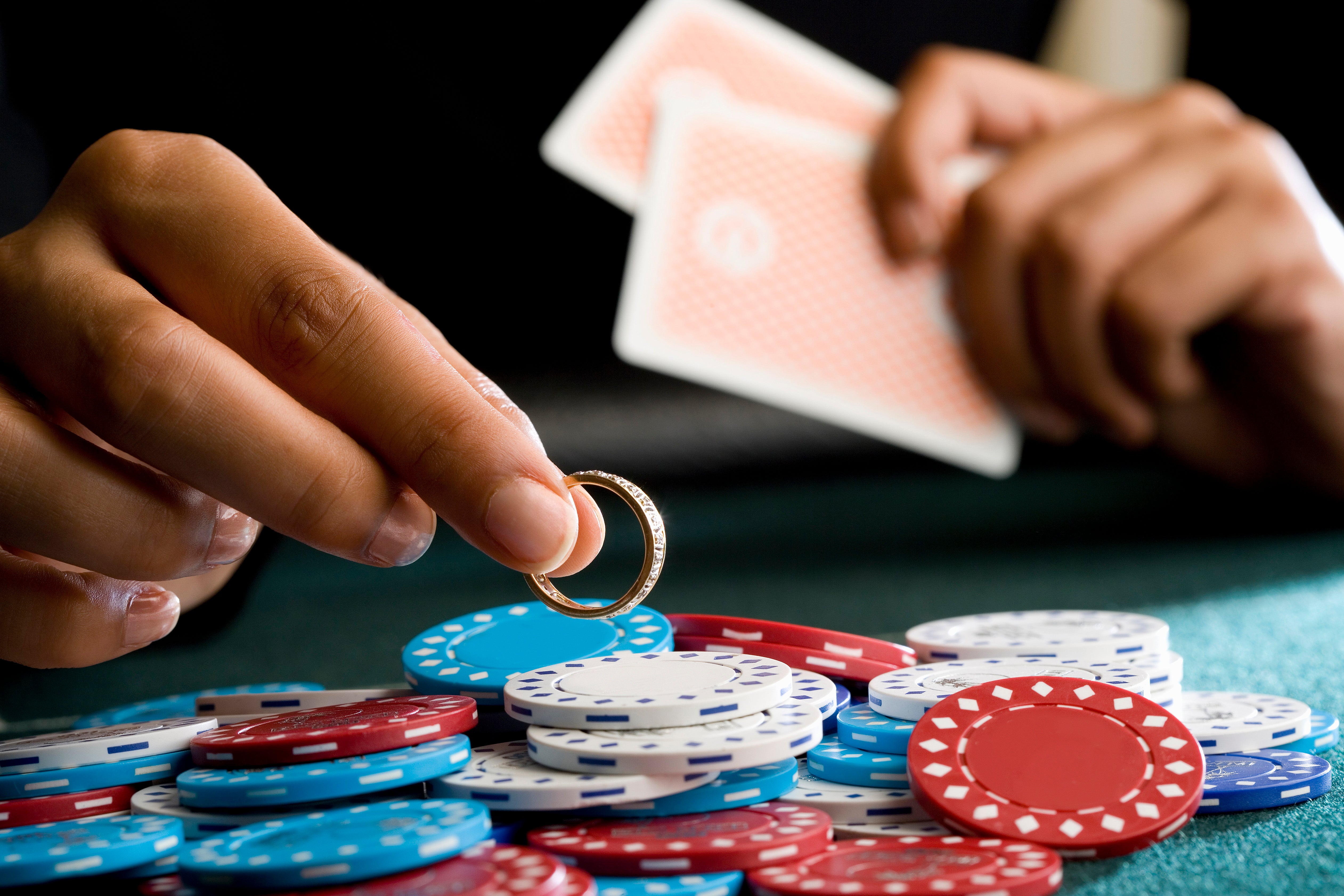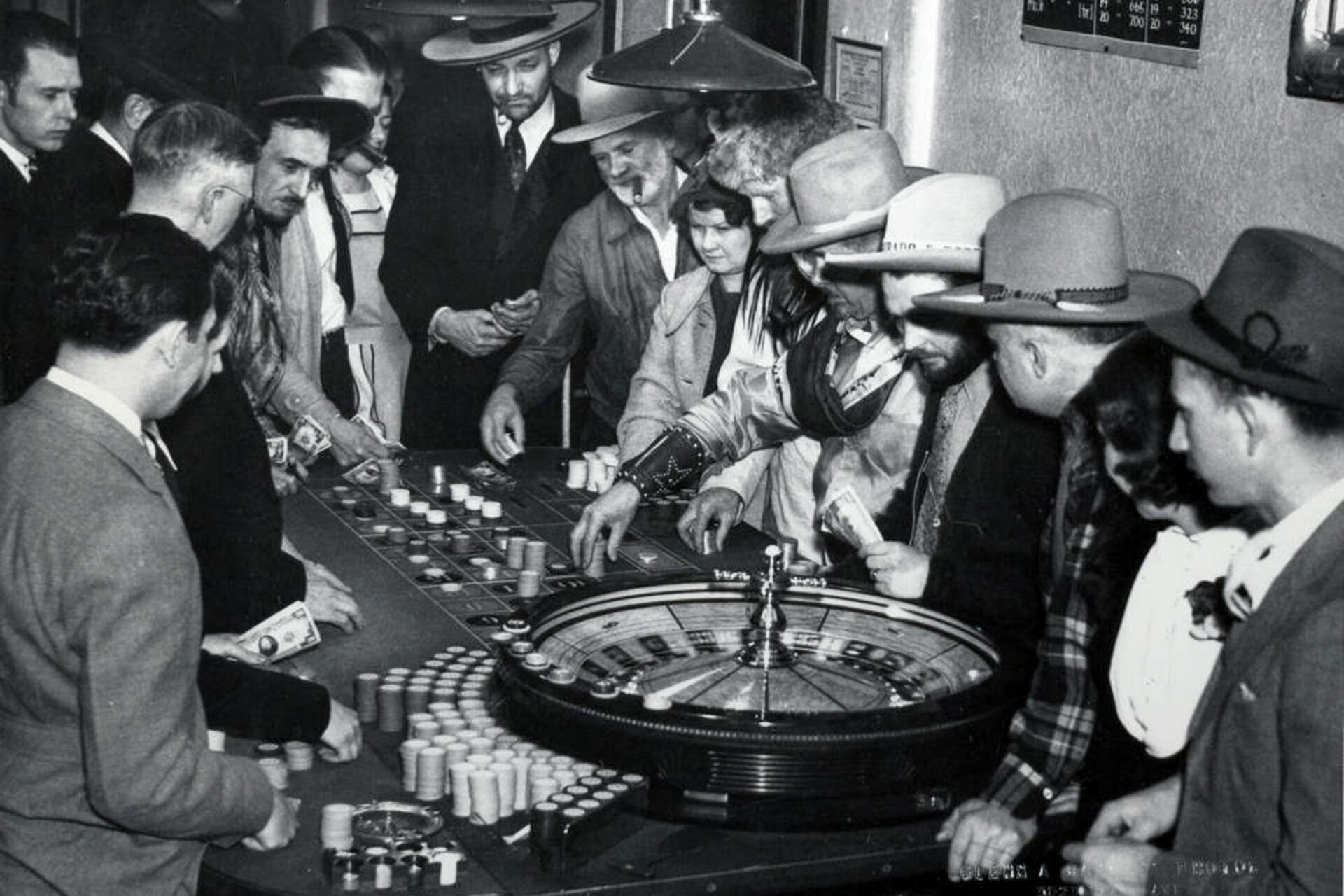Gambling has been around for centuries, and its popularity continues to surge. But why is it that we love betting? What does science have to say about the psychology of gambling, and how can we gamble responsibly?
From the psychological roots of our attraction to the ways in which people learn responsible gaming habits, get ready for a deep dive into The Science of Gambling: Why We Love Betting and How To Gamble Responsibly.
1. The Psychology of Gambling: Understanding Our Attraction to Bet
Humans have a long-standing fascination with gambling and betting, from playing cards to making wagers on sports games. But why do we love betting so much? To understand this, it is important to look at the psychology of gambling. Gambling has been linked to a sense of risk-taking and excitement, which can be appealing for those who are looking for an adrenaline rush or an escape from their everyday lives.
Studies have shown that people tend to overestimate the chances of winning when presented with small gambles such as buying lottery tickets or playing slot machines—even if they know that the odds are against them. This is because humans are hardwired to seek out rewards and take risks in order to get them, even if they’re not likely outcomes. In addition, our brains may be more prone than ever before due to advances in technology and increased accessibility of online casinos and gaming sites.
Gambling apps have revolutionized the way people experience betting and gambling. With just a few clicks, individuals can now place bets on various forms of entertainment without leaving the comfort of their own homes. This convenience has only increased the appeal of gambling, as players can easily access their favorite games and potentially win big from anywhere. Plus, with the added excitement of No deposit bonus, players can try their luck without risking their own money, making the experience even more thrilling.
Ultimately, understanding why we love betting comes down largely to recognizing our innate desire for risk-taking behavior coupled with new technological advances that make it easier than ever before for us to satiate these desires quickly — all while being able to provide us with rewards along the way!
2. Responsible Gambling: How to Manage Risk and Know When Enough is Enough

Gambling can be an enjoyable activity, but it’s important to understand the risks involved and that there is a limit on how much you should bet. Responsible gambling means knowing when enough is enough and understanding how to manage risk.
It requires being aware of your own behavior and making sure you aren’t allowing yourself to become too emotionally invested in the outcome of any particular game or race. When it comes to responsible gambling, setting limits for yourself is key. This could include limiting the amount of money you spend each time you gamble, setting a loss limit that will make sure you dont go above what you can afford to lose, or taking regular breaks from betting so that your emotions don’t get too high during sessions.
Additionally, if you find yourself feeling uneasy about the amount of time or money spent on gambling activities then its best to seek help from professionals specializing in problem gambling as soon as possible.
Knowing when enough is enough also involves recognizing when luck isn’t going your way and walking away with whatever winnings (or losses) are already accounted for — no matter how tempting it may be to keep playing in hopes of a better outcome next time around. The science behind why people love betting lies not only within its potential monetary rewards but also its ability to spark feelings of excitement — ultimately leading some players down dangerous paths if they don’t practice moderation while enjoying their favorite games or races.
3. Winning Strategies: Learning the Basics of Popular Casino Games
When it comes to learning the basics of popular casino games, there are a few winning strategies that can help players gain an edge. Knowing what moves to make and when is key in any game, but understanding the underlying principles behind each type of game and how they work is essential for long-term success.
By mastering these fundamentals, players will be able to better evaluate their chances and make informed decisions about which bets to place or fold. Apart from studying up on the rules and regulations of different types of games, one important strategy that should not be overlooked is bankroll management. Strictly allocating funds for gambling activities help create boundaries so as not to overextend oneself financially; this also prevents chasing losses due to careless betting habits.
Additionally, having multiple accounts with different casinos can work in one’s favor by offering more options for bonuses or promotions such as free spins or cashback offers. Finally, it pays off to take advantage of technological advancements available today like online tutorials or apps which provide real-time feedback while playing without risking too much money away at once; this allows gamblers ample opportunity to practice before going out into the field with larger stakes involved – both literally and figuratively speaking!
4. A History of Chance: Exploring the Development of Gambling Across Cultures

Humans have been gambling for centuries, and it has been a part of many cultures throughout history. To explore the development of gambling across cultures, we must examine humanity’s relationship with games of chance. From ancient China to modern Europe, people have gambled in various forms and for different reasons. In Ancient China, the use of dice was common in some form or another as early as 2300 BC.
While these dice were not originally used for gambling purposes, they eventually evolved into an integral part of Chinese culture by the 10th century AD when lottery-style games became popular amongst citizens that wanted to try their luck at winning prizes such as paper money or silk garments. In medieval Europe during the 12th century AD, card-based games like tarot cards began to become popular among nobles who would often gather to gamble away their fortunes on a single hand or two.
As time went on more complex versions such as baccarat emerged which tasked players with making strategic decisions based on probability theory rather than relying solely on luck alone. As technology advanced over the centuries so too did our ability to create new kinds of gambling activities from roulette wheels and slot machines all the way up to online gaming platforms that are now becoming increasingly popular around the world today.
Despite its long history, however, there’s still much that remains unknown about why humans enjoy betting so much and how best we can gamble responsibly moving forward into an uncertain future filled with ever-changing technologies and cultural boundaries between nations alike.
5. Investigating Odds: Analyzing Probability in Game Theory
When it comes to game theory, odds and probability play a major role in the way we gamble. Investigating how these elements are connected is key for understanding the science behind gambling. To begin, we must consider how probability can be used to modify outcomes of games that involve an element of chance.
By analyzing the potential winnings based on possible outcomes and their associated probabilities, players can gain insight into the decision-making process and determine which choices offer more favorable results. Additionally, by examining past gaming sessions, players can use data analysis to better understand patterns in order to make more informed decisions when betting or playing casino games such as roulette or blackjack.
Ultimately, investigating odds within game theory helps us form strategies that increase our chances of winning while simultaneously giving us greater control over our own destiny – all things considered when responsibly gambling!


